Connor Jessup is Piecing It All Together
Locke and Key star Connor Jessup talks embarking on a journey of fame, creative freedom, and queer expression while he figures it all out

Actor, writer, director, nail polish enthusiast, pop culture fanatic Connor Jessup and I start talking about Mad Libs during our Zoom call, and eventually deem it to be a metaphor for life. In Jessup’s case, you could definitely say it is. He’d certainly think so, as he’s spent his life figuring out how to fill the blanks, and is continuing on that journey.
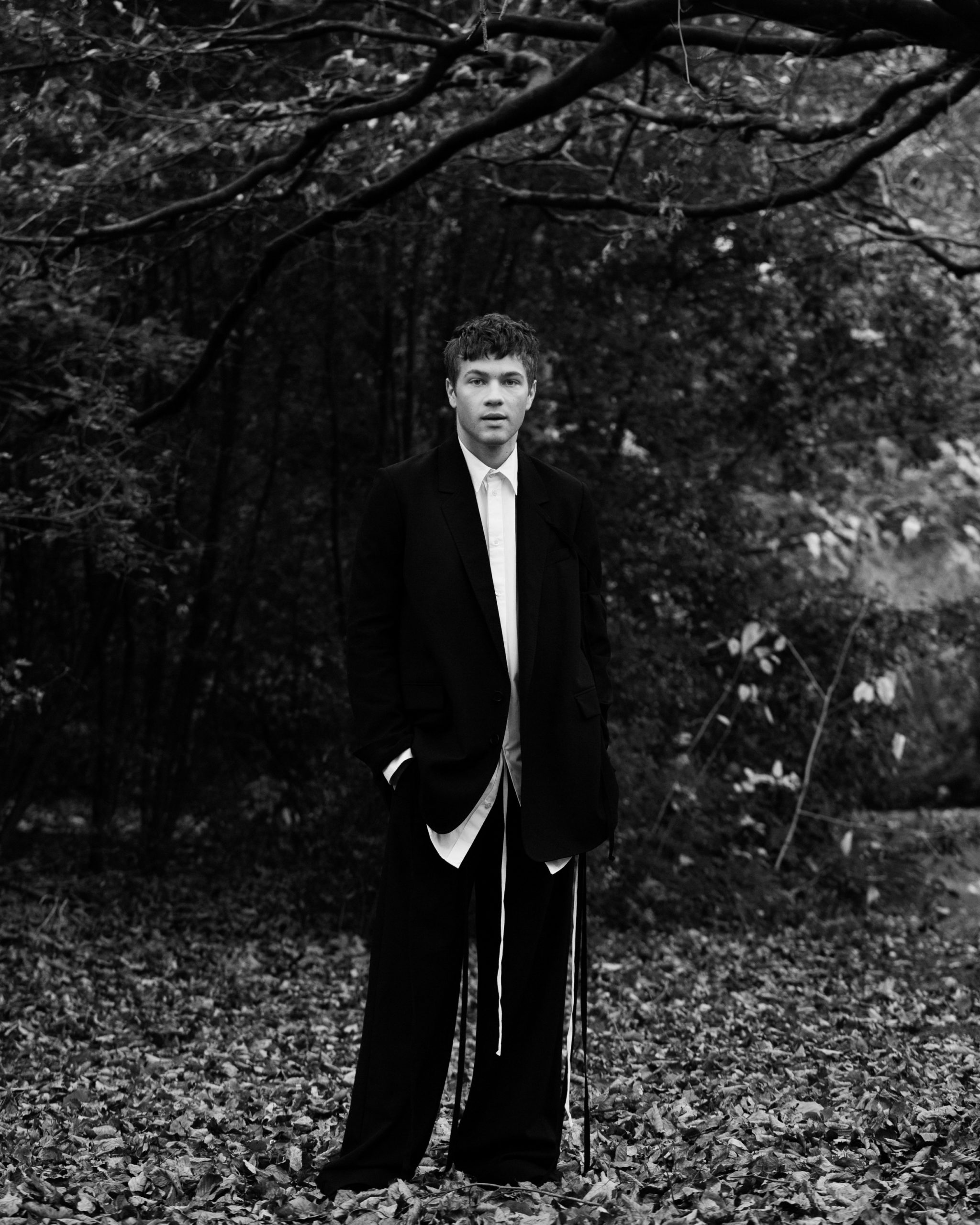
Having first entered the world of acting at the age of 11, he quickly found his way to a story he could fill, mostly with low-key but critically appreciated roles, notably in Falling Skies, Closet Monster, and American Crime. His role as Tyler Locke in Netflix’s fantastical horror-drama hybrid, Locke and Key, brought him a lot more mainstream recognition, and he’s currently unwinding in the UK after a year-long continuous shoot schedule for seasons two (which came out this October) and three (slated for next year) in Canada. “The joy of working on a show for that long is that you really get to become intimate with the people that you’re working with,” he says. “You’re working with the same crew, the same actors, the same locations for a year straight, especially in a pandemic, where everyone’s a little on edge and limited in who they can see and what they can do. I think it saved me from various mental emergencies, because I was busy, and I was working on something that I was excited by, with people I was excited by.”
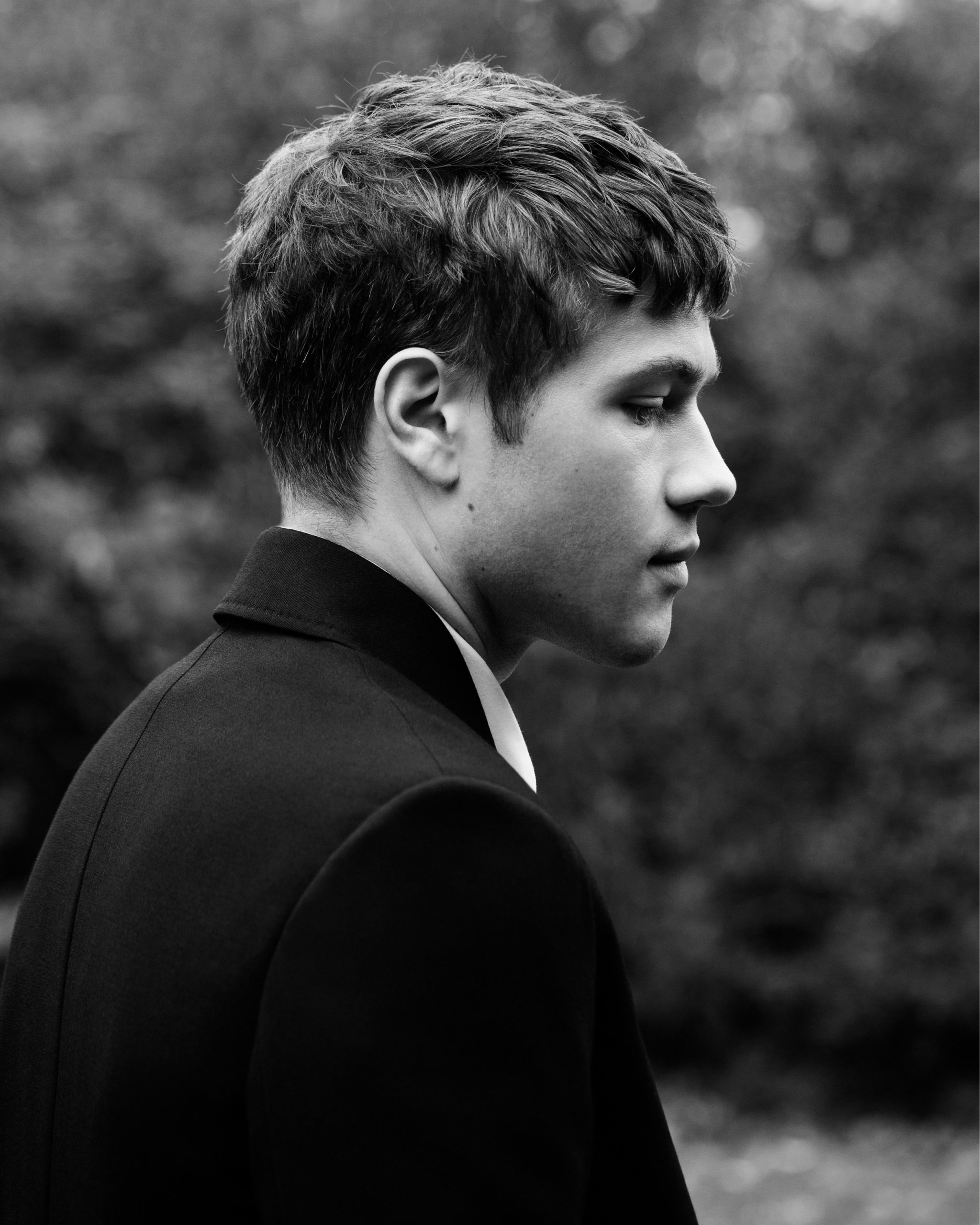
After a tumultuous second season for Tyler, following his season one highs, Jessup believes that his arc is in for another rollercoaster. “I kind of have the cheats to this question,” he knowingly says. “He is going to have to find a way, and knowing him and knowing the show, probably a bumpy way, to accept the things that have happened to him, and the role that he’s played in them and what they mean, and not to just reject and forget them.” When I ask him whether he identifies in any way with his on-screen persona, he considers it a moment, before saying, “It’s funny, when you’re working on something for so long, there are all these questions you ask yourself. And then as you go over the course of a year or two years, those questions just sort of become a little more unconscious, and you start thinking about it a little less. You think about the details of what you’re doing every day, but the overarching questions become less present.” Like with Tyler, Jessup believes that over time, the picture of a person materializes, to the point that you develop a general idea of who they are. You’re then just left with a few blanks to fill, personality traits to sprinkle in.
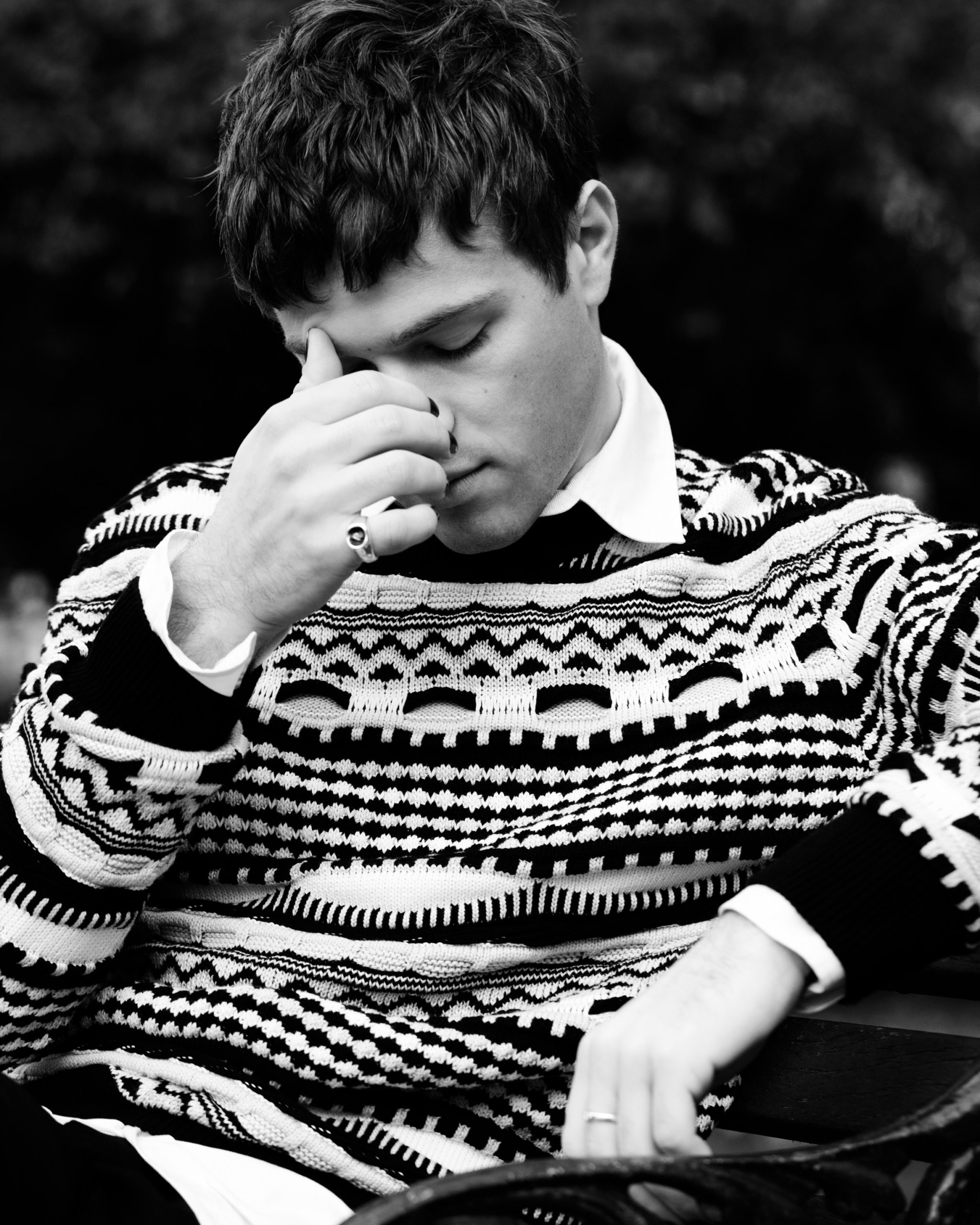
A major one he filled was when he publicly came out as gay in 2019, and since then, he’s been on a journey to embrace more queer stories while also embracing those parts of himself. A big milestone in that route came with his turn as a guest judge on the latest season of Canada’s Drag Race, what he terms his “pass to gay heaven.” “I was so nervous. Beautifully nervous, but truly nervous,” he explains. “But everyone was so welcoming. And that’s the reason why we all love Drag Race, is that great sense of openness and acceptance, warmth, joy that permeates that show.” Being on the show, while also being liberating, made him think more about the choices he was making, from the life-changing ones to something as simple as wearing make-up for his judging duties. “It was only recently that I started asking myself why I was not open to these things or why I was not having more fun with them,” he says. “I spent so much of my life living in this way without even really noticing it, inside this image of who I thought I was, who I should be as a respectable serious-minded man, how I thought he would behave or dress or the choices he would make. And it’s only in the last year or two that I’ve started to ask myself what choices I’m making.”
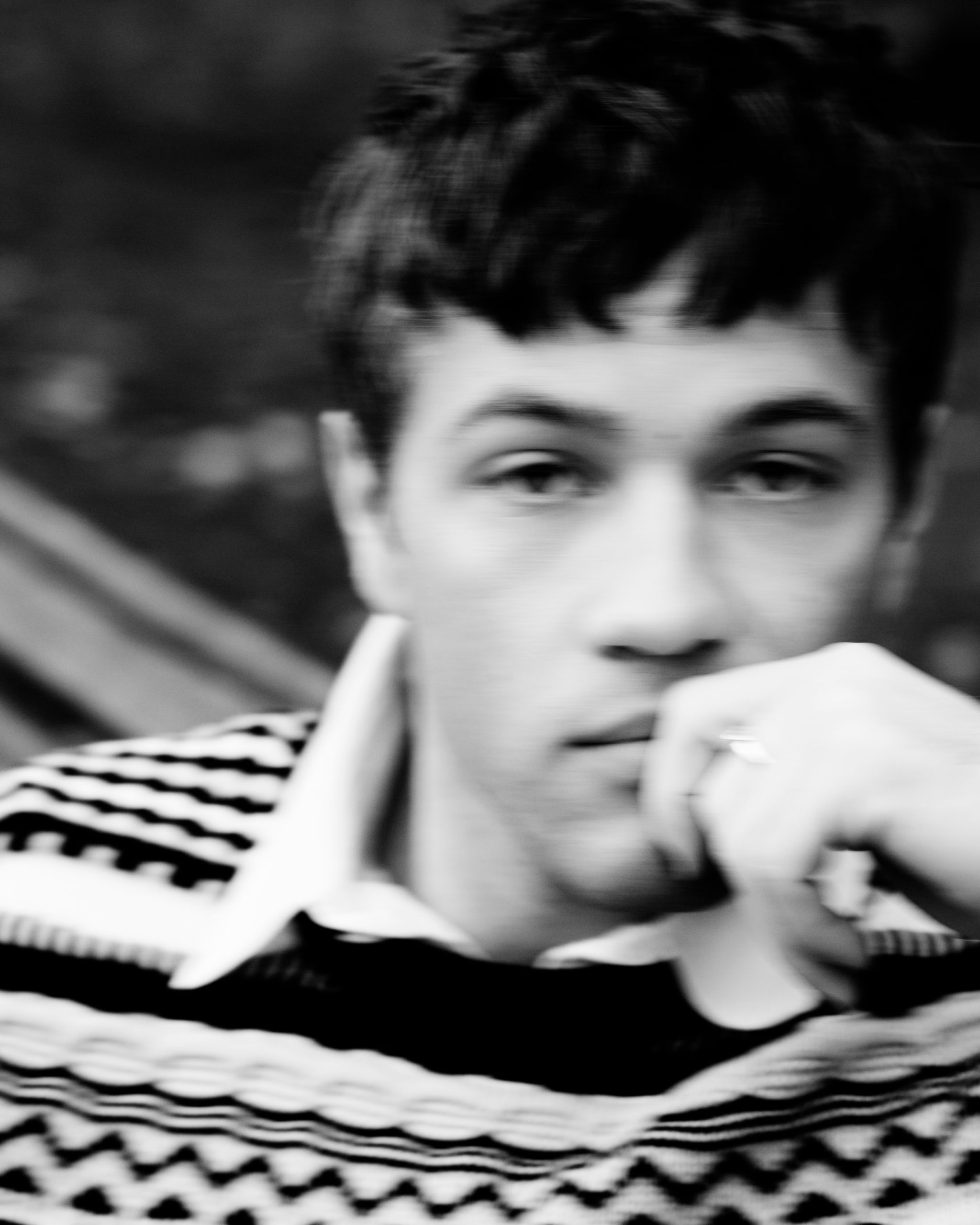
“The thing that I’m so fucking thankful for about being gay, other than just how fun it is, is that it has sped up enormously this process in me. I think that it opened the door to a lot of other questions, and a willingness to question. And that I think is what queerness is, essentially. I understand that I’m speaking from a very specific place of privilege. But all that being said, I am grateful to be part of that community, even if I am on a very privileged side of it.” He’s spent the last few months engaging with a variety of sources of literature that have brought him comfort and perspective, particularly queer pieces like the comic series Heartstopper or the Brian Washington book Memorial. Speaking of the book, he says, “Even though it is very American, it actually exists very much like a Japanese tradition. It’s an embracing of the mundane, that I found really moving, especially in a queer context,” he adds. “You see queer stories, even the most beautiful ones, being dramatic and doomed. And this was a very straight, steady, quiet story and it made me feel like the window had gotten a little bit more open.”
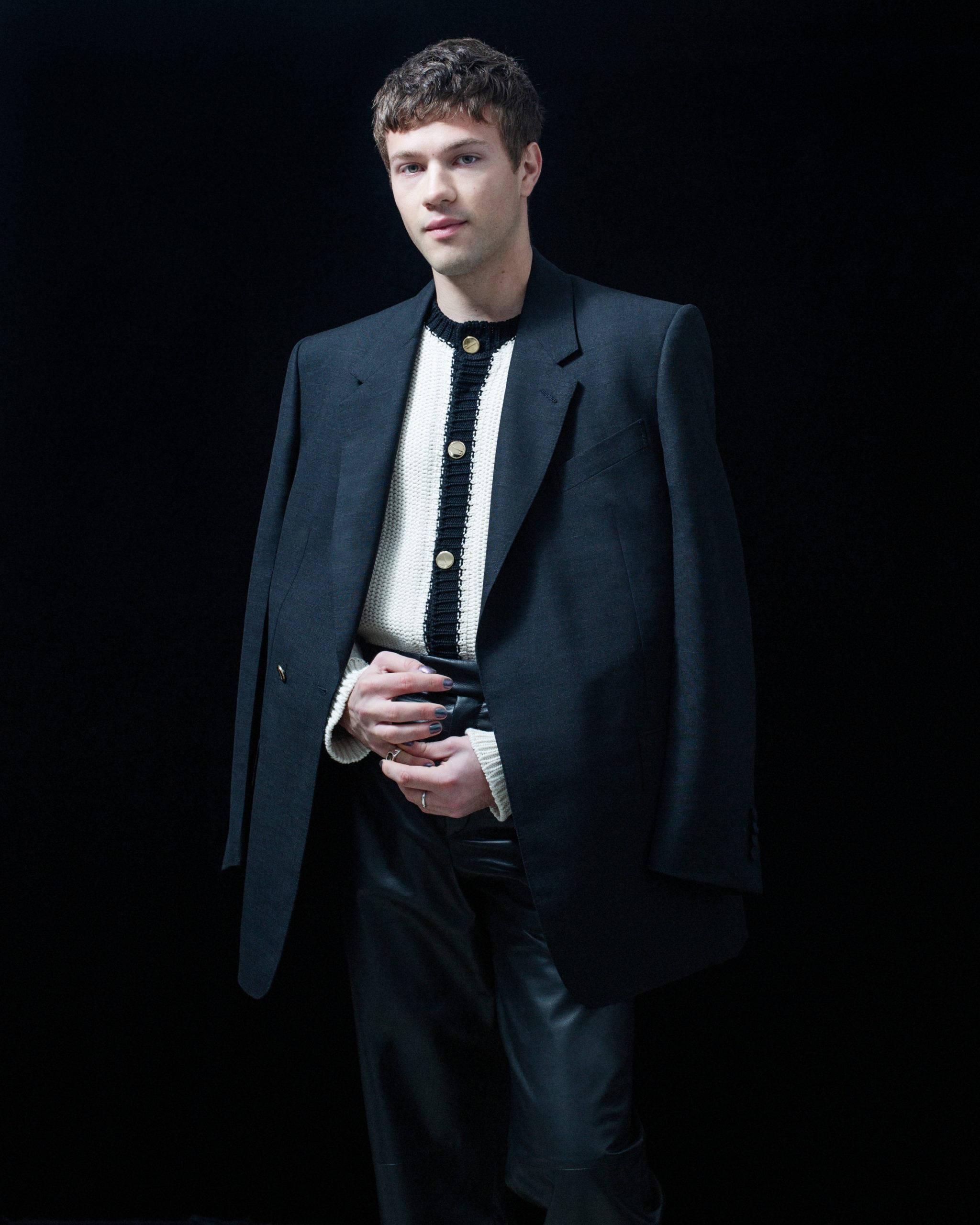
Japanese traditions, in general, have appealed to Jessup, with filmmakers like Hayao Miyazaki, Mikio Naruse, Shohei Imamura, Nagisa Oshima, Yasujiro Ozu, and Akira Kurosawa having influenced his own endeavors in the field. “I’ve always been drawn in my own stuff to the supernatural, but maybe a more oblique or quieter version of that,” he says. “And there’s something Japanese in that.” Jessup believes there’s a more freeing narrative and sense of rhythm that deviates from the rigid structure he’s seen American films prefer. And they translate just as easily into his own narrative. “I love the experience of working on Locke and Key, he says. “But the reality of doing any big show is that there is something more machine-like about it. And I’ve had some amazing experiences on really little films that no one has really ever seen, where you shoot for 5-6 weeks and you form this intense chemical relationship with the people that you’re working with. And it feels like just the craziest sprint in your life.”
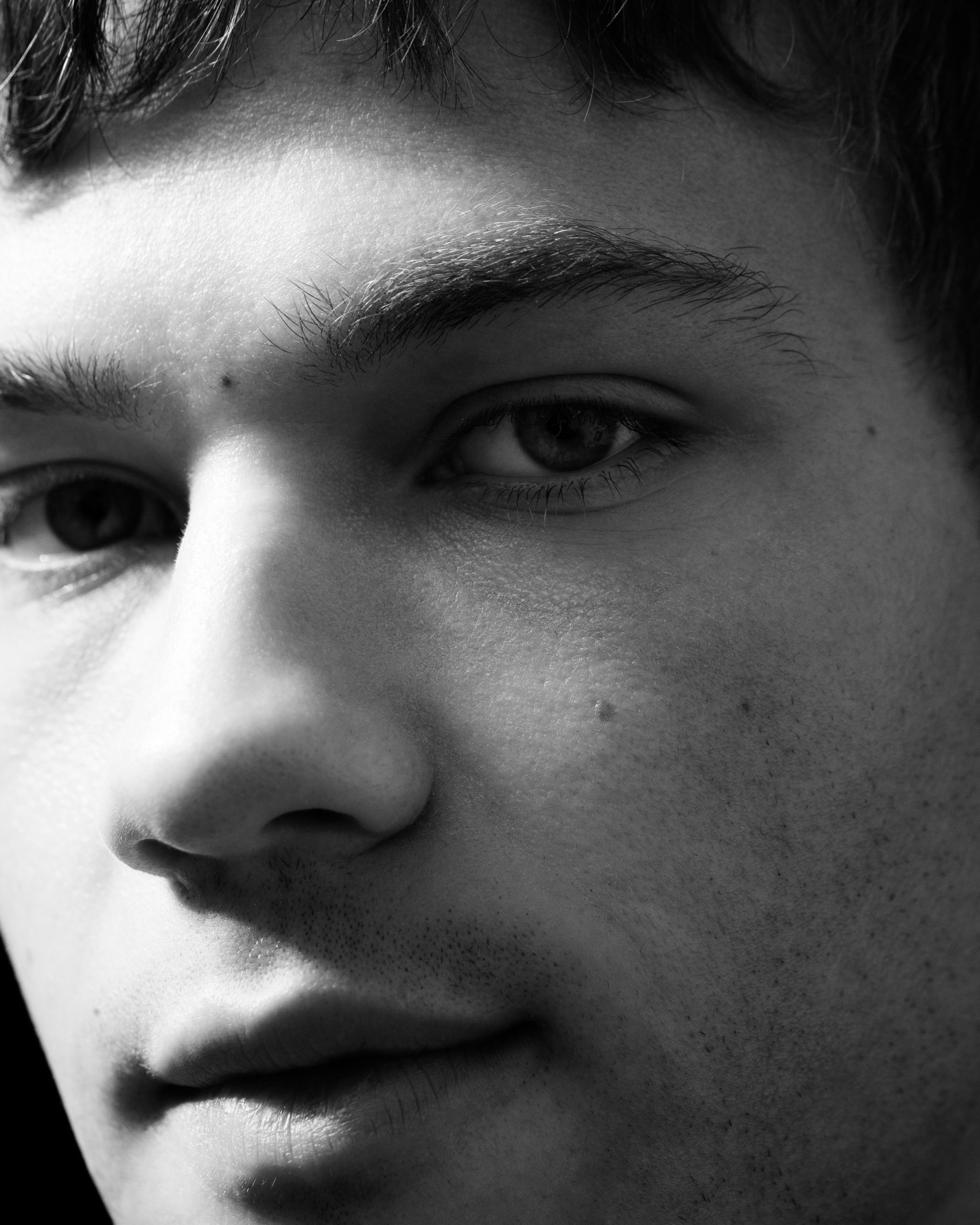
Having spent his spare time over the past month writing and working on materializing more projects of his own, Jessup is looking to find ways to engage with his circle and community in more ways over the coming year. We deem this to be his blank filling stage, although he does add, “not to stretch this Mad Libs metaphor till death.” As we do literally the opposite, it begs the question: does any of it make sense? Maybe? Maybe not? Well, neither does life (cue existential dread). But Connor Jessup will still be there, filling out his blanks, finding the right pages, getting to the right story.
Discover More
